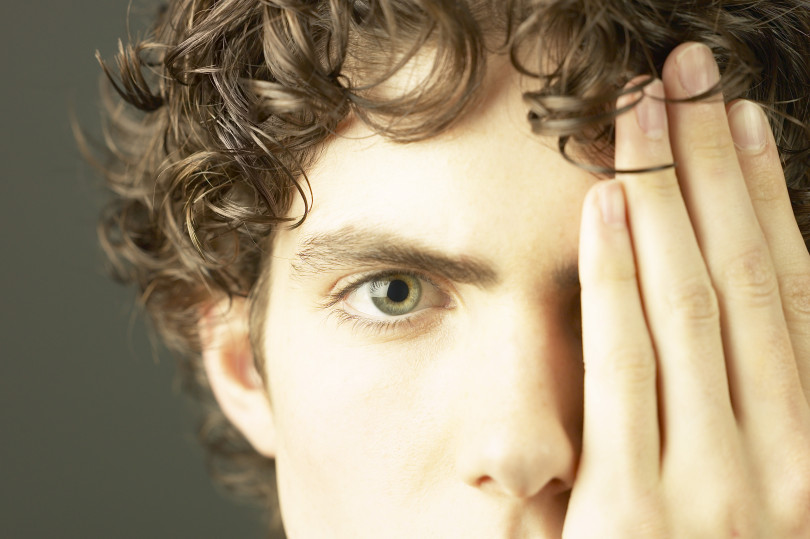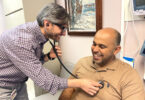Here are four things you can do to keep your eyes healthy at any age. Thank you to Dr. Peter Kertes, Chief of Ophthalmology at Sunnybrook, for sharing these tips.
Quit smoking.
The most common cause of vision loss is macular degeneration.
According to the Centre for Disease Control and Prevention in the US, people who smoke are twice as likely to develop macular degeneration compared with a non-smoker. While there are a number of risk factors for macular degeneration like family history and age, there is one risk factor that you can do something about – and that is smoking. If you need help to quit, visit sunnybrook.ca/quitsmoking
Wear safety glasses.
“We see some pretty bad eye injuries from sports as well as from people tinkering around at home on DIY projects,” Dr. Kertes said. “People doing renovations can have things fly into their eyes because they aren’t wearing eye protection.”
Protect your eyes by wearing approved safety glasses during sports and while doing work with power tools, sawing, cutting or working with metals. Most sunglasses or eyeglasses don’t count as safety goggles (and in fact, cheap sunglasses could make matters worse if they shatter near your eyes.)
Care for your contact lenses.
If you wear contact lenses, it’s important to care for them properly. Clean your hands before touching your lenses. Sterilize your lens case and wash your lenses carefully if you use re-usable lenses.
“If you have any irritations in your eyes, don’t leave it,” Dr. Kertes said. “Make an appointment with your eye doctor.”
Never sleep in your contact lenses.
All of your organs and tissues get their blood supply of oxygen-rich blood to keep them working. Your corneas don’t have blood vessels, and so rely on ambient air for oxygen.
“So, now imagine that you have a plastic cover over your eye. It can’t let enough oxygen into your cornea.” If you wear your contact lenses in the day and take them out and clean them at night, your corneas should get enough oxygen.
“But, imagine that plastic cover over your eye, and your eyes closed as they are when you sleep — your corneas become starved of oxygen,” Dr. Kertes said. “This can lead to infection or even blood vessels growing into your cornea, which can cause hazy vision.”
Even if you wear lenses that are sold as “suitable for around the clock wear” don’t be fooled: Your eyes need a break from contacts lenses so they can get the oxygen they need.








